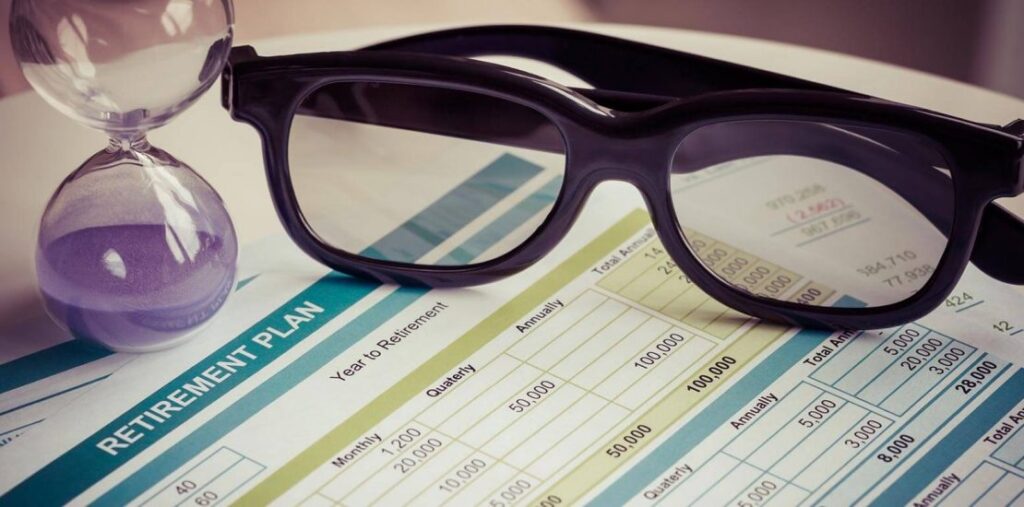For businesses of all sizes, managing energy costs is a key factor in maintaining profitability. As energy prices continue to rise, finding ways to reduce commercial energy bills has become an essential goal for many organizations. In this blog post, we will explore cost-effective marketing strategies aimed at helping business owners lower their commercial energy expenses while promoting sustainability and environmental responsibility.
Energy Audit and Efficiency Assessment
The first step in reducing commercial energy bills is to conduct a comprehensive energy audit and efficiency assessment of your business premises. An energy audit involves analyzing energy usage patterns, identifying areas of waste, and determining opportunities for improvement. By examining factors such as lighting, heating and cooling systems, insulation, and equipment efficiency, businesses can gain valuable insights into their energy consumption and make informed decisions about where to focus their efforts.
Embrace Energy-Efficient Technologies
One of the most effective ways to reduce commercial energy bills is by embracing energy-efficient technologies. Invest in high-efficiency appliances, lighting fixtures, and HVAC systems that are specifically designed to minimize energy consumption. Consider upgrading to LED lighting, which uses significantly less energy than traditional bulbs and has a longer lifespan. Additionally, explore smart building technologies that allow for automated energy management, such as motion sensors, programmable thermostats, and power-saving settings for equipment.
Optimize Building Insulation
Proper insulation plays a crucial role in maintaining a comfortable indoor environment while minimizing energy loss. Inadequate insulation can result in significant heat or cooling loss, leading to increased energy consumption. Ensure that your business premises are properly insulated, paying special attention to walls, roofs, windows, and doors. By reducing drafts and heat transfer, businesses can reduce their reliance on heating and cooling systems, resulting in substantial energy savings.
Implement Energy Management Systems
Energy management systems provide real-time monitoring and control of energy usage, enabling businesses to identify and address inefficiencies promptly. These systems allow for better tracking of energy consumption patterns, identifying peak usage times and areas of high energy demand. By gaining visibility into energy usage trends, businesses can make data-driven decisions to optimize their energy consumption, reduce waste, and adjust operations accordingly.
Employee Engagement and Education
Engaging employees in energy-saving initiatives can significantly impact commercial energy bills. Promote energy-conscious behaviors within your organization by educating employees about the importance of energy conservation and providing practical tips for reducing energy consumption. Encourage employees to turn off lights, unplug electronics when not in use, and utilize power-saving features on computers and other equipment. By fostering a culture of energy efficiency, businesses can collectively contribute to cost savings and environmental sustainability.
Renewable Energy Options
Exploring renewable energy sources is a proactive approach to reducing commercial energy bills. Consider installing solar panels on your business premises to generate clean and sustainable energy. Solar power systems can significantly offset electricity consumption and provide long-term cost savings. In addition, businesses may explore purchasing renewable energy credits or subscribing to community solar initiatives, which allow them to support clean energy generation without the need for on-site installations.
Marketing and Promoting Energy Efficiency
Incorporate your energy-saving efforts into your marketing and branding strategies. Highlight your commitment to sustainability and energy efficiency in your promotional materials, website, and social media platforms. By communicating your eco-friendly practices, you can attract environmentally conscious customers who appreciate businesses that prioritize sustainability. This marketing approach not only enhances your brand reputation but also creates a positive impact on the bottom line.
Reducing commercial energy bills requires a strategic and proactive approach that combines energy efficiency initiatives with effective marketing strategies. By conducting energy audits, embracing energy-efficient technologies, optimizing building insulation, implementing energy management systems, engaging employees, considering renewable energy options, and marketing your sustainability efforts, businesses can achieve significant cost savings while promoting environmental responsibility. Lowering commercial energy bills not only positively impacts the bottom line but also aligns with the growing trend of consumers supporting businesses that prioritize sustainability. By adopting these cost-effective strategies, businesses can create a win-win situation, contributing to a greener future while improving their financial health.

